Pvt Shockable Rhythm
Out-of-hospital cardiac arrest (OHCA), and the most salvageable one.

Pvt shockable rhythm. The feature extraction component of the AED. When you have a patient without a pulse, you must recognize either ventricular fibrillation (VF) or pulseless ventricular tachycardia (pVT) as shockable rhythms. In 17 episodes (42.5%) ventricular fibrillation (VF) or pulseless ventricular tachycardia (pVT) was the first documented rhythm, and in 23 (57.5%) it developed during CPR efforts.
Six AEDs identified as shockable rhythms those PVTs characterized by BPM levels above 180 (PVT1). Cardiac arrest rhythms and electrical shock. A concern is that several studies have reported a decline in the incidence of VF/PVT over the past few decades.
The remaining group of four AEDs highlighted different. The Cardiac Arrest Algorithm is the most critical algorithm of ACLS. Nonshockable rhythms may evolve to shockable ventricular fibrillation or pulseless ventricular tachycardia (VF/VT) during the course of resuscitation in ≤25% of patients with OHCA, for whom antiarrhythmic drug use has both pragmatic and public health importance.
Major Points Hypothermia has been studied as a potential therapy for avoiding poor neurologic outcomes post-arrest since the early 00’s. Immediate CPR x 2 mins. When should Epi be administered in a VF/pVT.
Overall survival after adult OHCA is about 8% , with a worse prognosis with PEA compared to initial shockable rhythms 16, 23–28. VF (Figure 24) is a rapid quivering of the ventricular walls that prevents them from pumping. This rapid and irregular electrical activity renders the ventricles unable to contract in a synchronised manner, resulting in immediate loss of cardiac output.
The Cardiac Arrest Algorithm is the most critical algorithm of ACLS. Adams, in Veterinary Anaesthesia (Eleventh Edition), 14. • Minimize interruptions in.
Question 1 / 10. During CPR once IV/IO access is established. After the 2nd shock.
There are four main heart rhythms that can occur during a cardiac arrest. Question 8 / 10. After shock, immediately begin chest compressions followed by respirations (30:2 ratio) for 2 minutes.
Print strip during pause;. ‘Non-shockable’ means that defibrillation is not an effective treatment for these heart rhythms. Shockable rhythms have certain characteristics that can be used to distinguish them from non-shockable rhythms.
FVF Fine Ventricular Fibrillation 0.1 mV < amplitude < 0.2 mV Shockable MVT, PVT Ventricular Tachycardia (Monomorphic or Polymorphic) QRS > 1 ms, ventricular or unknown origin. The proper dosing of epinephrine for VF/pVT is:. Ventricular Tachycardia, Ventricular Fibrillation, Supraventricular Tachycardia.
During the pulse check it is found that the patient has an organized rhythm but pulses are not palpable -- this is PEA - chest compressions resume immediately. The remaining 14 devices showed different behaviours. -- only VF/pVT are shockable;.
Asystole, pulseless electrical activity (PEA, formerly known as electromechanical dissociation) (Fig. The shorter the duration of VF/pVT, the more likely that the shock will result in a perfusing rhythm. The treatment of (VF and pulseless VT) Ventricular Fibrillation and Pulseless Ventricular Tachycardia is included in the Cardiac Arrest Algorithm.
Patients presenting with OHCA due to shockable rhythms such as ventricular fibrillation/pulseless ventricular tachycardia (VF/pVT) have a high probability of having coronary artery disease (CAD). When you have a patient without a pulse, you must recognize either ventricular fibrillation (VF) or pulseless ventricular tachycardia (pVT) as shockable rhythms. Defibrillation is the definitive treatment for VF/pVT.
THE MANAGEMENT OF CARDIAC ARREST 49 Asystole This is the most common arrest rhythm in children, because the response of the young heart to prolonged severe hypoxia and acidosis is progressive bradycardia leading to asystole. 2 minutes after first dose of Epinephrine (VF/pVT) When is an advanced airway placed?. 1,2 The incidence of initial shockable arrest rhythms, specifically VF and pVT, has been declining.
Regular or slightly irregular ventricular rhythm. Asystole and PEA are also included in the cardiac arrest algorithm but are non-shockable rhythms. Order by books in e copy from, https://campbellteaching.co.uk/ebooks/ The 4 forms of cardiac arrest are ventricular fibrillation, ventricular tachycardia, as.
Shockable rhythms (VF/pVT) The first monitored rhythm is VF/pVT in approximately % of both in-hospital 7 and out-of-hospital cardiac arrests (OHCAs). PEA and asystole are not What are the initial steps upon identification of PEA during resuscitation?. • If no signs of return of spontaneous circulation (ROSC), go to 10 or 11 • If ROSC, go to Post–Cardiac Arrest Care Go to 5 or 7 VF/pVT Asystole/PEA CPR Quality • Push hard (at least 2 inches 5 cm) and fast (100-1/min) and allow complete chest recoil.
The Cardiac Arrest Algorithm is the most critical algorithm of ACLS. The literature supports prioritizing defibrillation and CPR initially and giving epinephrine if initial attempts with CPR and defibrillation are not successful. PVTs are extra heartbeats that disrupt the regular heart rhythm.
Downtime ≤ 5 min (electrical phase), coarse VF/PVT, ETCO. A defibrillator delivers a dose of electric current (often called a counter-shock) to the heart.Although not fully understood, this process depolarizes a large amount of the heart muscle, ending the dysrhythmia. Ventricular fibrillation (VF) is the most common initial heart rhythm in patients with out-of-hospital cardiac arrest (OHCA), and the most salvageable one.
8 Ventricular fibrillation/pulseless ventricular tachycardia will also occur at some stage during resuscitation in about 25% of cardiac arrests with an initial documented rhythm of asystole or PEA. Ventricular fibrillation (VF) and pulseless ventricular tachycardia (VT) are life-threatening cardiac rhythms that result in ineffective ventricular contractions. VF and pulseless VT are shockable rhythms and treated in similar fashion.
The landmark studies that documented this phenomenon were performed on comatose patients after an out-of-hospital cardiac arrest (OHCA) with an initial shockable rhythm of ventricular fibrillation (VF) or pulseless ventricular tachycardia (pVT). Rhythm check after 2 minutes of CPR (and after every 2 minutes of CPR thereafter) and shock again if indicated. Although VF appears as a chaotic and disorganized rhythm, characteristics of the ventricular fibrillation waveform such as amplitude, frequency, and organization can be systematically quantified in real-time.
CAD is a common substrate, and its severity is a potential trigger for OHCA, especially in the case of shockable rhythms. When should IV/IO access be gained?. When you have a patient without a pulse, you must recognize either ventricular fibrillation (VF) or pulseless ventricular tachycardia (pVT) as shockable rhythms.
In this blog post, we will take a closer look at the two non-shockable rhythms. When you have a patient without a pulse, you must recognize either ventricular fibrillation (VF) or pulseless ventricular tachycardia (pVT) as shockable rhythms. If can’t ID rhythm.
In patients comatose patients after a non-shockable rhythm (non-VF/pVT) therapeutic hypothermia for 24 hours should be utilized. Patients with VF/pVT OHCA should be considered at the highest severity of a continuum of acute coronary syndromes. 6.2 NON – SHOCKABLE RHYTHMS This includes asystole and pulseless electrical activity.
Ventricular fibrillation (VF) is the the most important shockable cardiac arrest rhythm. VF / PVT. After the 3rd shock.
Resume compressions immediately SHOCKABLE?. Shockable rhythms include pulseless ventricular tachycardia or. Survival from cardiac arrest is associated with having a shockable presenting rhythm (VF/pulseless VT) upon EMS arrival.
If a shockable rhythm is present, either v-fib or pulseless v-tach, begin the charging sequence on the defibrillator and resume chest compressions until the defibrillator is charged. In 11 patients (27.5%) three or more shocks were needed to achieve defibrillation. Pulseless Electrical Activity Asystole Pulseless electrical activity (PEA) and asystole are related cardiac rhythms in that they are both life-threatening and unshockable.
The Weighted Importance of Shockable Rhythms to Survival In most medical conditions, identification and treat-ment of an underlying pathogenesis are a fundamen-tal tenant of medical practice and provide improved outcomes. When you have a patient without a pulse, you must recognize either ventricular fibrillation (VF) or pulseless ventricular tachycardia (pVT) as shockable rhythms. 22.5), ventricular fibrillation (VF) (Fig.
For patients with VF/pVT OHCA, CAD is the most common reversible underlying cause.7,9 Pa-. Defibrillation is a treatment for life-threatening cardiac dysrhythmias, specifically ventricular fibrillation (VF) and non-perfusing ventricular tachycardia (VT). Once the child is attached to the monitor or AED, the rhythm should be analyzed and determined to be shockable or nonshockable.
VF and Pulseless VT are shockable rhythms. DEFIB immediately If meets one or more criteria below:. The ECG will distinguish asystole from ventricular fibrillation, ventricular tachycardia and pulseless electrical activity.
In contrast, you do not shock PEA or asystole, and must follow another pathway of the Cardiac Arrest Algorithm. 22.6) and pulseless ventricular tachycardia (PVT) are the rhythms most often associated with cardiac arrest. The ventricles suddenly attempt to contract at rates of up to 500 bpm.
When should Amio be administered in a VF/pVT. The Cardiac Arrest Algorithm is the most critical algorithm of ACLS. 6,7 Although antiarrhythmic medications are commonly administered for VF/VT.
Conduct a rhythm check, making sure the pause in chest compressions is not more than 10 seconds. With positive outcomes following cardiac arrest unlikely, an effort has been spent in finding effective strategies to prevent cardiac arrest. For shockable rhythms, trial protocols have directed that epinephrine be given after the third shock.
Learn More Shockable Rhythms:. In contrast, you do not shock PEA or asystole, and must follow another pathway of the Cardiac Arrest Algorithm. Much of Advanced Cardiac Life Support (ACLS) is about determining the right medication to use at the appropriate time and deciding when to defibrillate.
Asystole is a flat-line ECG (Figure 27). Acute, chronic, or acute on chronic. The ventricular motion of VF is not synchronized with atrial contractions.
Read ECG from printed strip. It can occur in short bursts causing few or no symptoms. Concurrently with second round of CPR.
Four devices recognized as shockable the PVTs above 0 BPM (PVT2). The healthcare provider immediately pushes the shock button and resumes CPR immediately for another two minutes. VT is an unstable rhythm.
After first shock, during compressions. Ventricular Tachycardia, Ventricular Fibrillation, Supraventricular Tachycardia. 300 mg IV/IO bolus.
Zoll AED Plus) recommended the shock at every kind of PVT. How often should Epi be administered. Initial non-shockable rhythms (PEA or asystole) account for about two-thirds of adult OHCA with an increasing incidence compared to initial shockable rhythms (VF and pVT) , 21.
Rhythm check should be done after 2 mins of CPR - minimize interruptions in chest compressions (<10s) - only perform a pulse check if an organized rhythm is present - organized rhythm/palpable pulse = post-arrest care - non-shockable/no pulse = asystole/PEA pathway - shockable rhythm = 1 shock;. When is Amioderone administered?. The two nonshockable rhythms are p ulseless electrical activity (PEA) and asystole and the two shockable rhythms are pulseless ventricular tachycardia and ventricular fibrilation.
Alternatively it may be sustained, becoming symptomatic and causing unconsciousness, loss of cardiac output and death. If pt is in PEA/Asystole when should Epi be given. 1 to 2 g IV/IO diluted in 10 mL saline over 5 to minutes.
Patients with VF/pVT have a significant burden of CAD:. The main cause of arrest was a cardiac disease (56.8%). When you have a patient without a pulse, you must recognize either ventricular fibrillation (VF) or pulseless ventricular tachycardia (pVT) as shockable rhythms.
The two "shockable" rhythms are ventricular fibrillation and pulseless ventricular tachycardia while the two "non-shockable" rhythms are asystole and pulseless electrical activity. If an Automated External Defibrillator (AED) detects a non-shockable rhythm, it won’t allow the rescuer to deliver an electrical shock to. 1 mg IV/IO - repeated every 3 to 5 minutes.
Consider need for. The Cardiac Arrest Algorithm is the most critical algorithm of ACLS. (Do not check rhythm or pulse) R.
VF/pVT, Asystole/PEA Learn with flashcards, games, and more — for free. Along with high-quality CPR, emergency medicines and defibrillation are the only two interventions that are likely to restart the arrested heart. Shockable rhythms may be the initial rhythm of the cardiac arrest (primary VF/pVT) or may develop during the resuscitation (secondary VF/pVT).
There may be subtle movement away from baseline (drifting flat-line), but there is no perceptible cardiac electrical activity.

Jmir The Impact Of A Tablet App On Adherence To American Heart Association Guidelines During Simulated Pediatric Cardiopulmonary Resuscitation Randomized Controlled Trial Siebert Journal Of Medical Internet Research
Www Diva Portal Org Smash Get Diva2 Fulltext01 Pdf

Pdf Antiarrhythmic Drugs For Non Shockable Turned Shockable Out Of Hospital Cardiac Arrest The Amiodarone Lidocaine Or Placebo Study Alps
Pvt Shockable Rhythm のギャラリー
Www Resuscitationjournal Com Article S0300 9572 12 4 Pdf

Utsw Biotel 14 Guidelines For Therapy Asystole
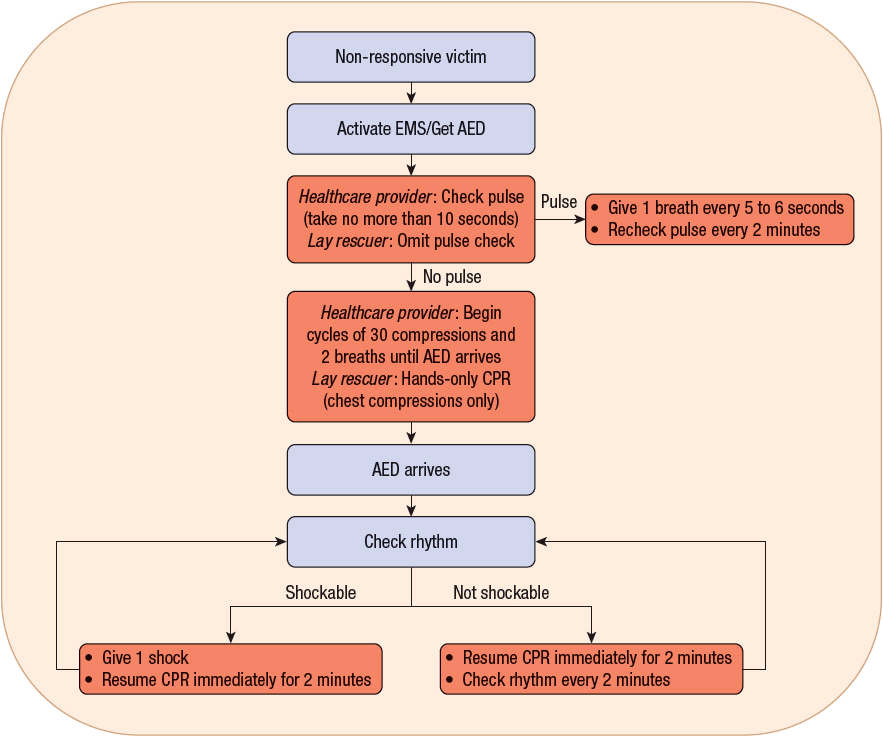
Cardiac Arrest Basicmedical Key
3

Pulseless Ventricular Tachycardia Acls Algorithms Com

Online American Heart Association Aha Acls Algorithms Acls Recertification Certification Online
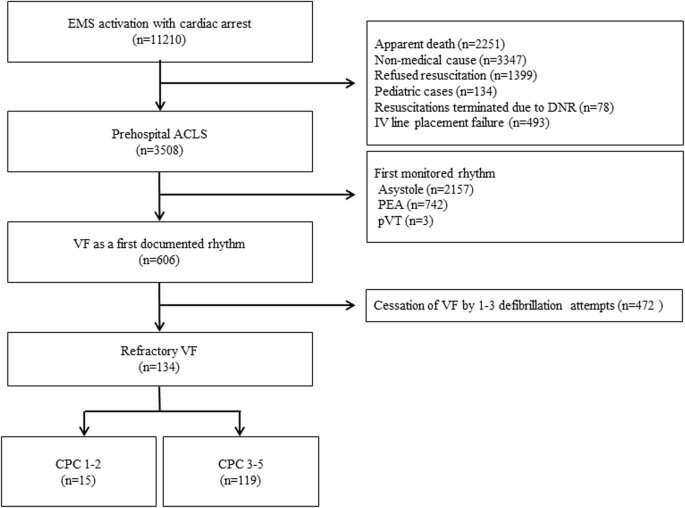
Impact Of Early Intravenous Amiodarone Administration On Neurological Outcome In Refractory Ventricular Fibrillation Retrospective Analysis Of Prospectively Collected Prehospital Data Scandinavian Journal Of Trauma Resuscitation And Emergency

Promed Certifications Algorithms Adult Cardiac Arrest Acls Algorithm

Shockable Rhythms Ventricular Tachycardia Ventricular Fibrillation Supraventricular Tachycardia Acls Com

Anticipatory Manual Defibrillator Charging During Advanced Life Support A Scoping Review Sciencedirect

Jkms Journal Of Korean Medical Science

Part 5 Adult Basic Life Support And Cardiopulmonary Resuscitation Quality Circulation
Www Vdh Virginia Gov Content Uploads Sites 23 16 05 Car 519 Pdf

Cureus Congenital Adrenal Hyperplasia Presenting As Pulseless Ventricular Tachycardia In A Neonate

The Evolving Role Of The Cardiac Catheterization Laboratory In The Management Of Patients With Out Of Hospital Cardiac Arrest A Scientific Statement From The American Heart Association Circulation

Pediatric Defibrillation After Cardiac Arrest Initial Response And Outcome

Paediatric Advanced Life Support Pals The Good Doctor

Adherence To Guidelines Is Associated With Improved Survival Following In Hospital Cardiac Arrest Resuscitation

Adherence To Guidelines Is Associated With Improved Survival Following In Hospital Cardiac Arrest Sciencedirect
3

Acls Simplify Algorithm Cardiac Electrophysiology Cardiovascular Physiology
Http Www Stritch Luc Edu Lumen Meded Elective Er Emorientationacls Coding Pdf

Shockable Rhythms Ventricular Tachycardia Ventricular Fibrillation Supraventricular Tachycardia Acls Com
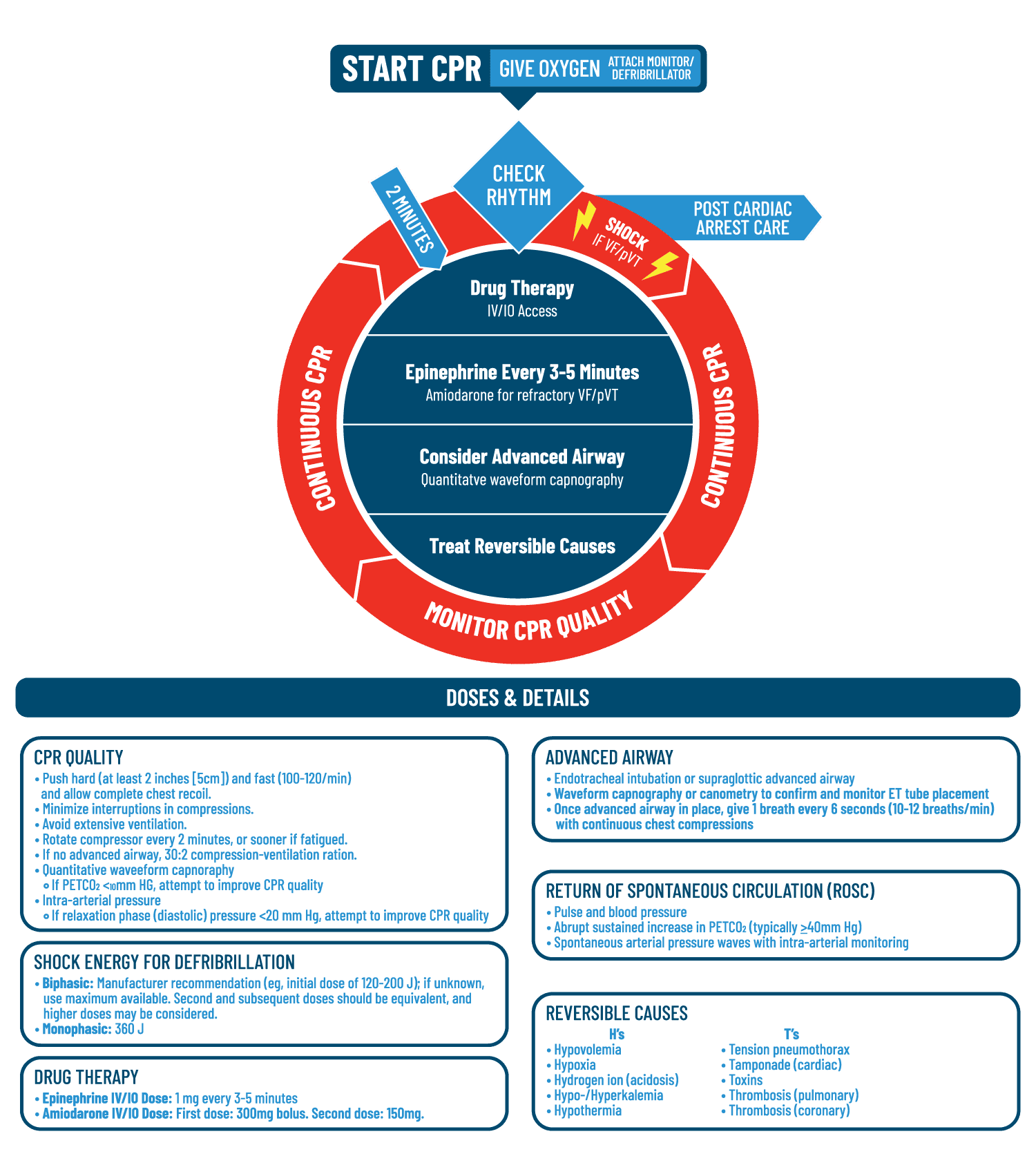
Promed Certifications Algorithms Adult Cardiac Arrest Circular Acls Algorithm

Heartify Algorithms Adult Cardiac Arrest Circular Acls Algorithm

Jmir The Impact Of A Tablet App On Adherence To American Heart Association Guidelines During Simulated Pediatric Cardiopulmonary Resuscitation Randomized Controlled Trial Siebert Journal Of Medical Internet Research

Cardiac Arrest Algorithm Acls Com

Heartify Algorithms Adult Cardiac Arrest Acls Algorithm

09xe1iwo 2r7bm

Shockable Rhythms Ventricular Tachycardia Ventricular Fibrillation Supraventricular Tachycardia Acls Com

Shockable Rhythms Ventricular Tachycardia Ventricular Fibrillation Supraventricular Tachycardia Acls Com
Mediced Makes It Simple Management Of The Patient In Cardiac Arrest
1

Relationships Between Time From Collapse To First Cardiopulmonary Download Scientific Diagram

Clinical Predictors Of Shockable Versus Non Shockable Rhythms In Patients With Out Of Hospital Cardiac Arrest Sciencedirect
Http Www Jcvaonline Com Article S0735 6757 16 0 Pdf

The Evolving Role Of The Cardiac Catheterization Laboratory In The Management Of Patients With Out Of Hospital Cardiac Arrest A Scientific Statement From The American Heart Association Circulation

Part 3 Adult Basic And Advanced Life Support American Heart Association Cpr First Aid
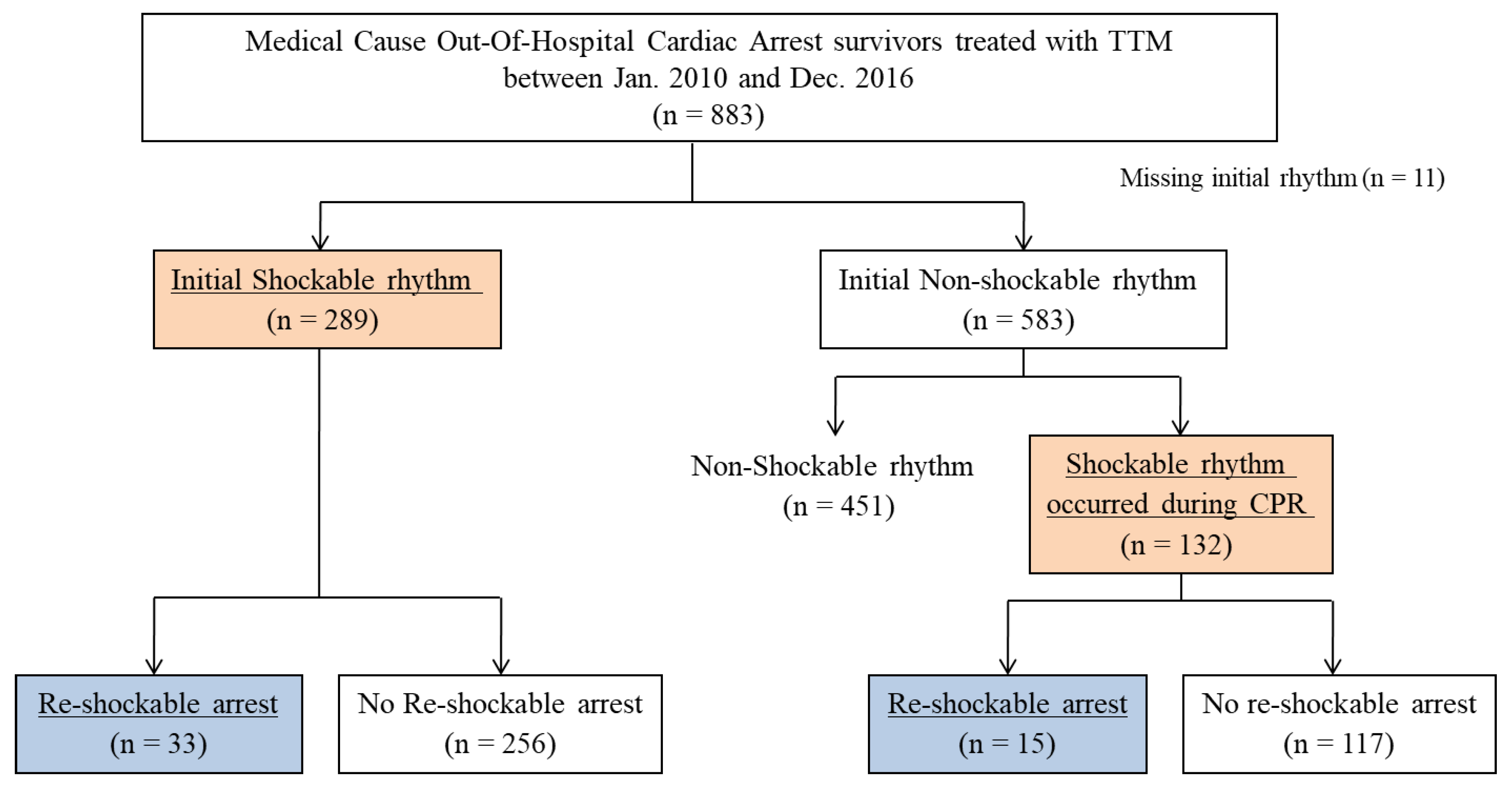
Jcm Free Full Text Prognostic Factors For Re Arrest With Shockable Rhythm During Target Temperature Management In Out Of Hospital Shockable Cardiac Arrest Patients Html

Effect Of Defibrillation Energy Dose During In Hospital Pediatric Cardiac Arrest American Academy Of Pediatrics

Jmir The Impact Of A Tablet App On Adherence To American Heart Association Guidelines During Simulated Pediatric Cardiopulmonary Resuscitation Randomized Controlled Trial Siebert Journal Of Medical Internet Research

Pdf Out Of Hospital Cardiac Arrest Outcomes Stratified By Rhythm Analysis Brian Nathanson Academia Edu
Mediced Makes It Simple Management Of The Patient In Cardiac Arrest
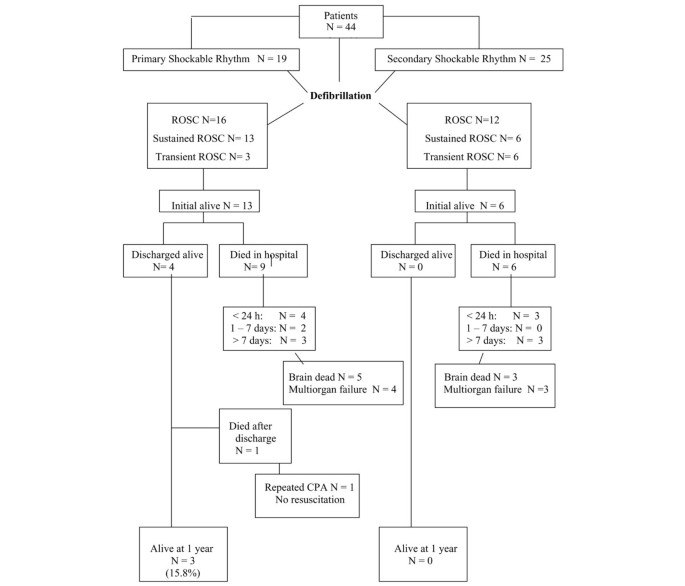
Pediatric Defibrillation After Cardiac Arrest Initial Response And Outcome Critical Care Full Text

Acls Ventricular Fibrillation And Pulseless Ventricular Tachycardia Guide

Conversion To Shockable Rhythms During Resuscitation And Survival For Out Of Hospital Cardiac Arrest Sciencedirect
Mediced Makes It Simple Management Of The Patient In Cardiac Arrest

Acls Simplify Algorithm Cardiac Electrophysiology Cardiovascular Physiology
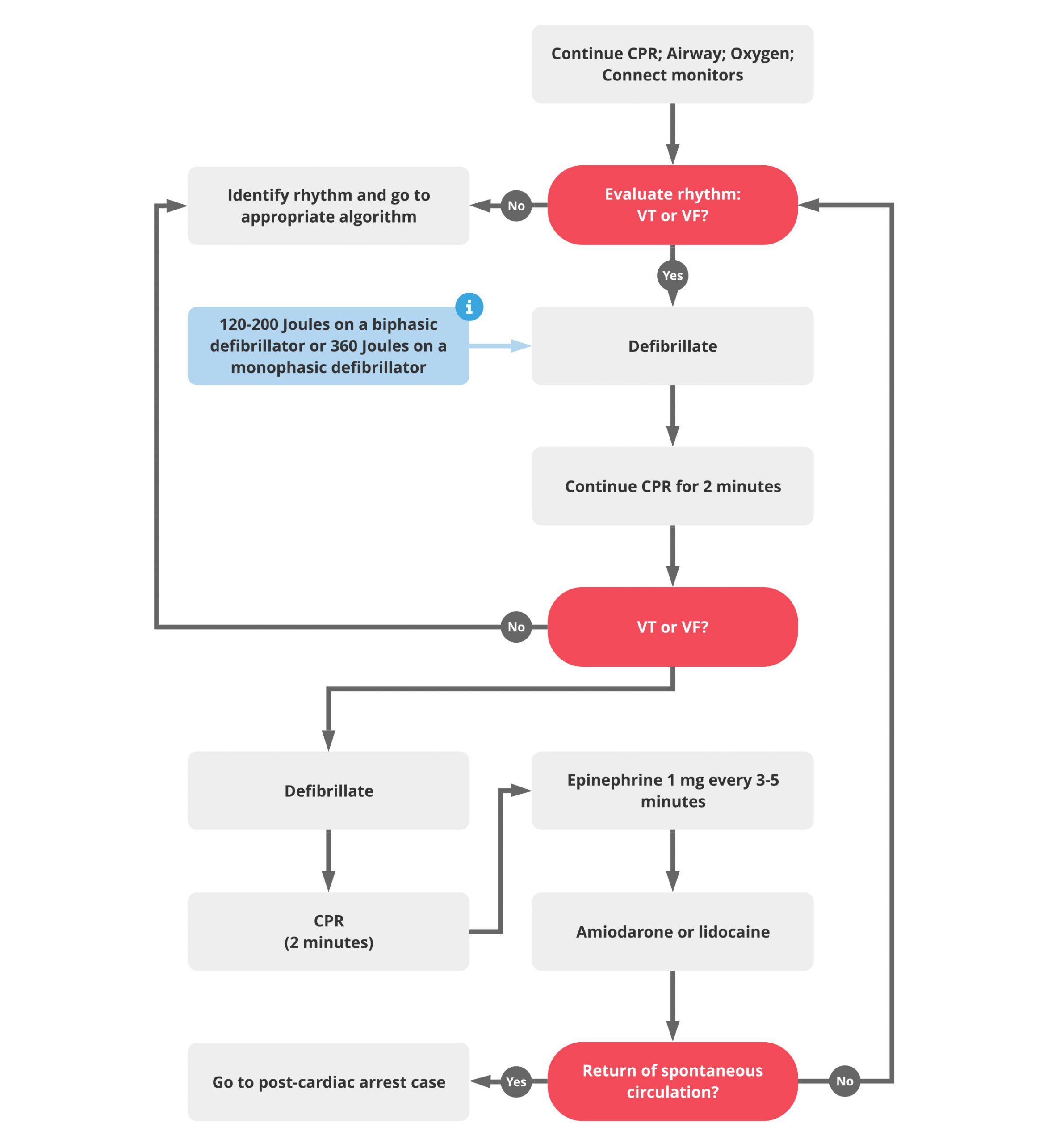
Acls Cardiac Arrest Vtach And Vfib Algorithm Acls Medical Training

Pdf Subsequent Shockable Rhythm During Out Of Hospital Cardiac Arrest In Children With Initial Non Shockable Rhythms A Nationwide Population Based Observational Study

Jmir The Impact Of A Tablet App On Adherence To American Heart Association Guidelines During Simulated Pediatric Cardiopulmonary Resuscitation Randomized Controlled Trial Siebert Journal Of Medical Internet Research
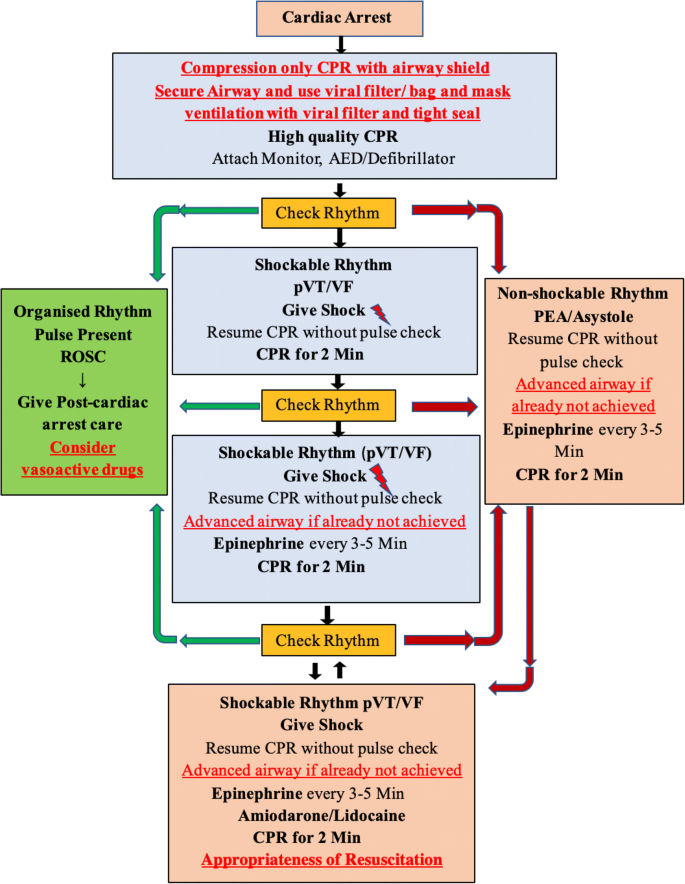
Iap Als Update On Resuscitation Guidelines During Covid 19 Pandemic Springerlink

Shockable Rhythms Ventricular Tachycardia Ventricular Fibrillation Supraventricular Tachycardia Acls Com
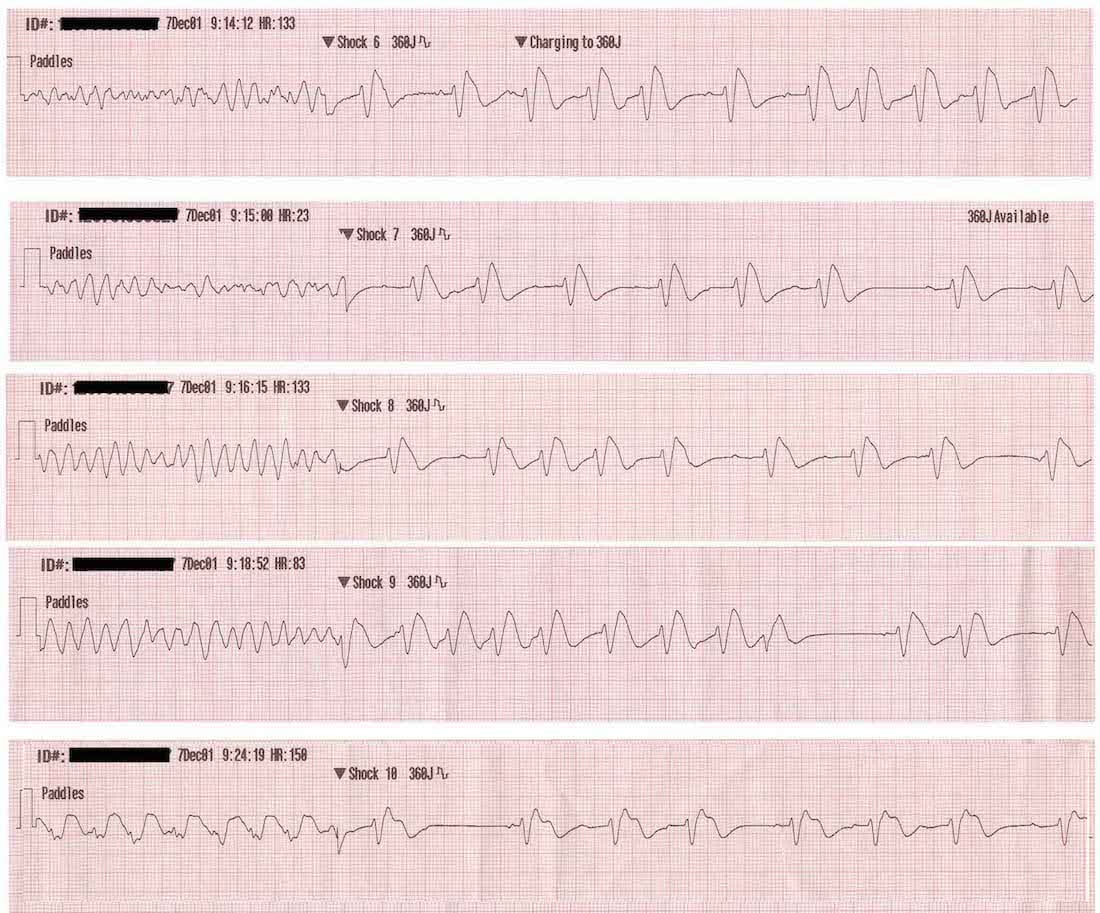
Ventricular Fibrillation Vf Litfl Ecg Library Diagnosis

Cardiac Arrest Pharmacotherapy A Pathophysiologic Approach 9th Ed

Vf And Pulseless Vt Acls Algorithms Com
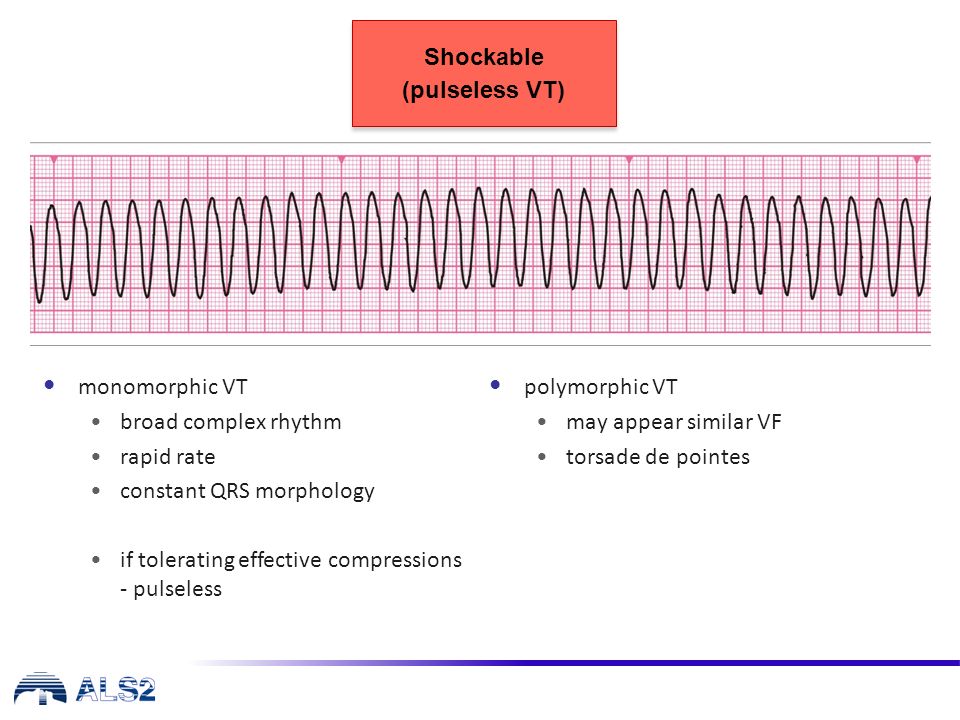
Als Algorithm Ppt Video Online Download

Syncope And Cardiac Arrest

Cardiac Arrest Pharmacotherapy A Pathophysiologic Approach 9th Ed

Acls Ventricular Fibrillation And Pulseless Ventricular Tachycardia Guide

Clinical Predictors Of Shockable Versus Non Shockable Rhythms In Patients With Out Of Hospital Cardiac Arrest Resuscitation

Shockable Cardiac Arrest
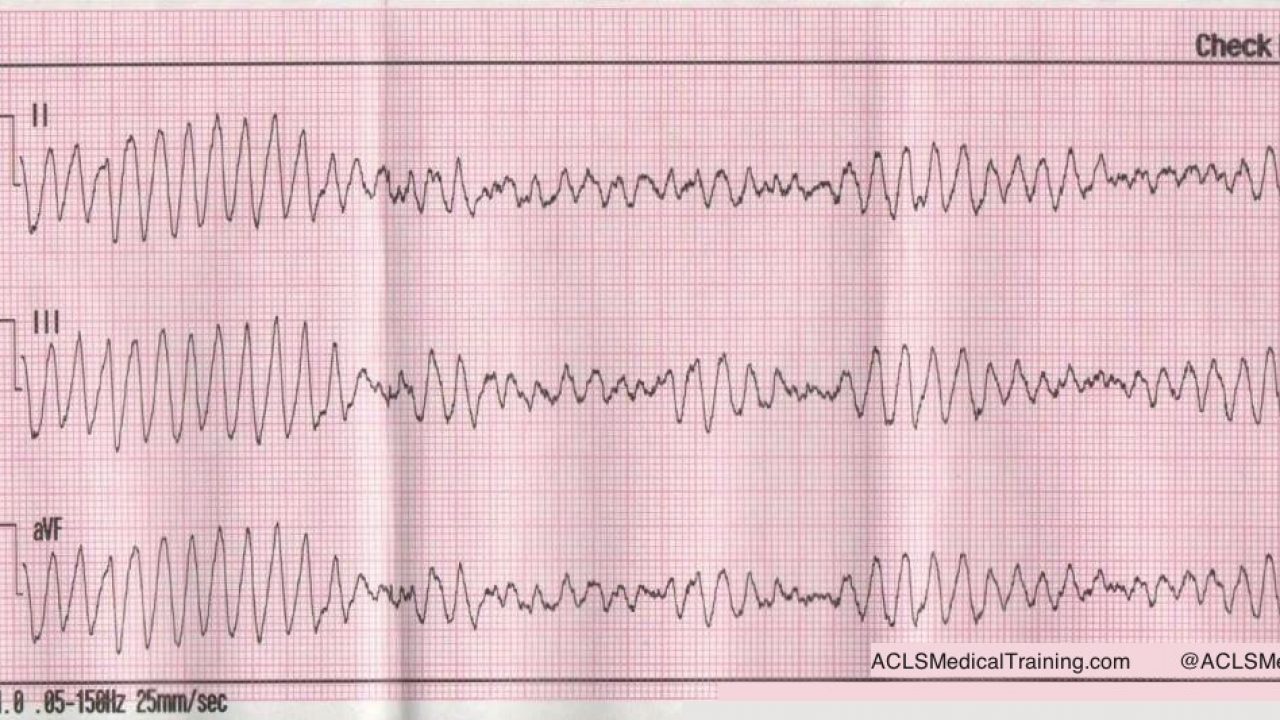
Cpr First Or Defibrillation First Acls Medical Training
Www Longdom Org Open Access What Is Ventricular Tachycardia For An Automated External Defibrillator 2155 90 5 285 Pdf

Prognostic Impact Of The Conversion To A Shockable Rhythm From A Non Shockable Rhythm For Patients Suffering From Out Of Hospital Cardiac Arrest Sciencedirect
Non Perfusing Cardiac Rhythms In Asphyxiated Newborn Piglets

Shockable Rhythms Ventricular Tachycardia Ventricular Fibrillation Supraventricular Tachycardia Acls Com

Pulseless Ventricular Tachycardia Acls Algorithms Com

Jmir The Impact Of A Tablet App On Adherence To American Heart Association Guidelines During Simulated Pediatric Cardiopulmonary Resuscitation Randomized Controlled Trial Siebert Journal Of Medical Internet Research

Figure 1 From Association Between Time To Defibrillation And Survival In Pediatric In Hospital Cardiac Arrest With A First Documented Shockable Rhythm Semantic Scholar

Swiss Medical Weekly Outcome After Out Of Hospital Ventricular Fibrillation Or Pulseless Ventricular Tachycardia Comparison Of Before And After The Implementation Of The 10 Guidelines In A Single Centre

Position Of The Paddles

My Emcc Learning Journey Emcc Understanding The Sequence Of Shock Cpr Drug Shock

Paediatric Advanced Cardiopulmonary Resuscitation Cpr Algorithm Vf Download Scientific Diagram

Algorithms American Heart Association Cpr First Aid

Acls Cardiac Arrest Vf Pulseless Vt Pvt Pea Asystole Aha 15 Flashcards Quizlet

Vf And Pulseless Vt Acls Algorithms Com

3d Als Treatment Algorithm
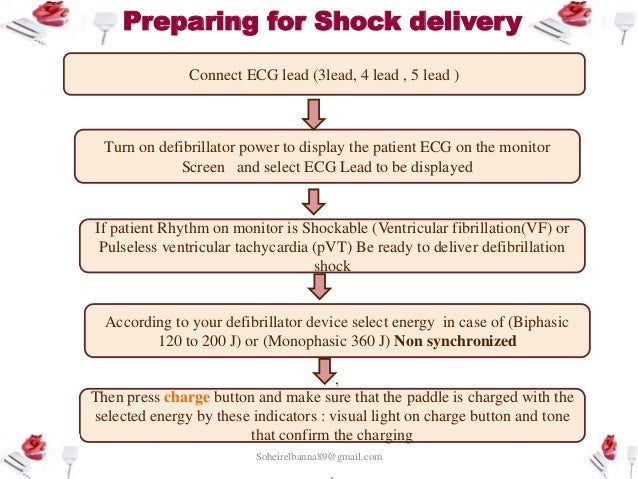
Crash Cart Part 2 Defibrillator Www Youtu

Jmir The Impact Of A Tablet App On Adherence To American Heart Association Guidelines During Simulated Pediatric Cardiopulmonary Resuscitation Randomized Controlled Trial Siebert Journal Of Medical Internet Research
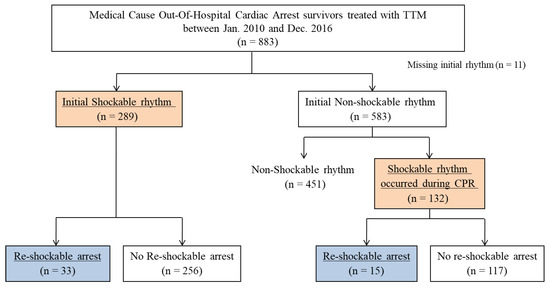
Jcm Free Full Text Prognostic Factors For Re Arrest With Shockable Rhythm During Target Temperature Management In Out Of Hospital Shockable Cardiac Arrest Patients Html
2

Patient Flow In The Trial Out Of Hospital Cardiac Arrest Was Defined Download Scientific Diagram

Cardiopulmonary Resuscitation For In Hospital Events In The Emergency Department A Comparison Of Adult And Pediatric Outcomes And Care Processes Abstract Europe Pmc

2 8 Acls Flashcards Quizlet
Resus Org Au Download Als2 Instructor Clinical Skill Stations Quality Cpr And Defibrillation Quality Cpr And Defibrillation Guidance Jun 16 Pdf
Q Tbn 3aand9gcqd5hwdwpwg5ur3ji Zbas6f3i7 0qjfamk Gqtspz Fl9sddo Usqp Cau

Refractory Ventricular Fibrillation Treated With Double Simultaneous Defibrillation Pilot Study
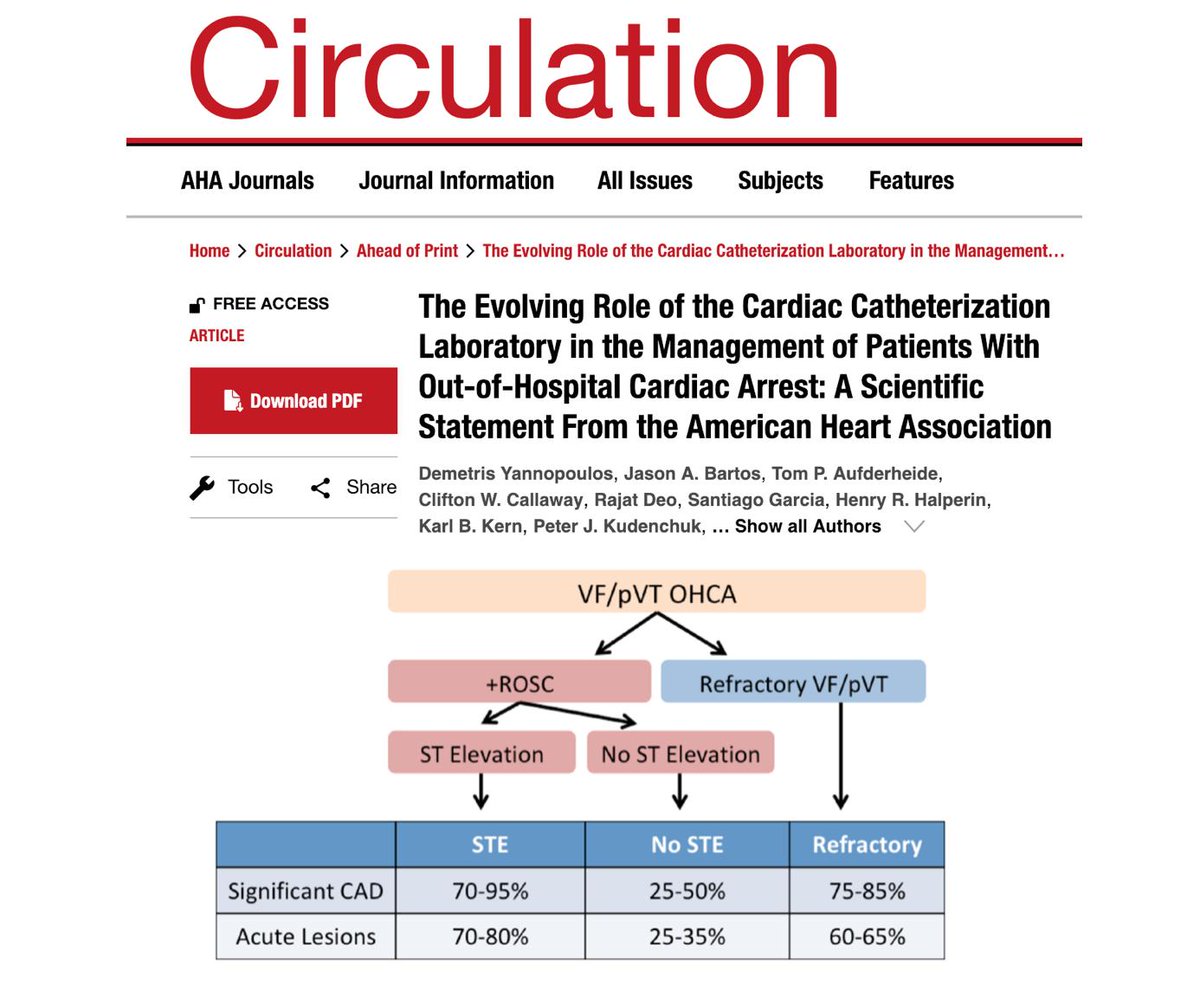
M Velia Antonini Cath Lab Ohca American Heart Statement Cad Prevalent Especially If Shockable Rhythms Vf Pvt Early Access To Coronary Angiography Pci If Refractory Ecmo Support Ecpr Resulted In Functionally Favorable

Acls Algorithm Adult Cardiac Arrest

Conversion To Shockable Rhythms During Resuscitation And Survival For Out Of Hospital Cardiac Arrest Sciencedirect

Part 7 Adult Advanced Cardiovascular Life Support Circulation

Depiction Of Absolute Differences In Survival In The Previously Download Scientific Diagram
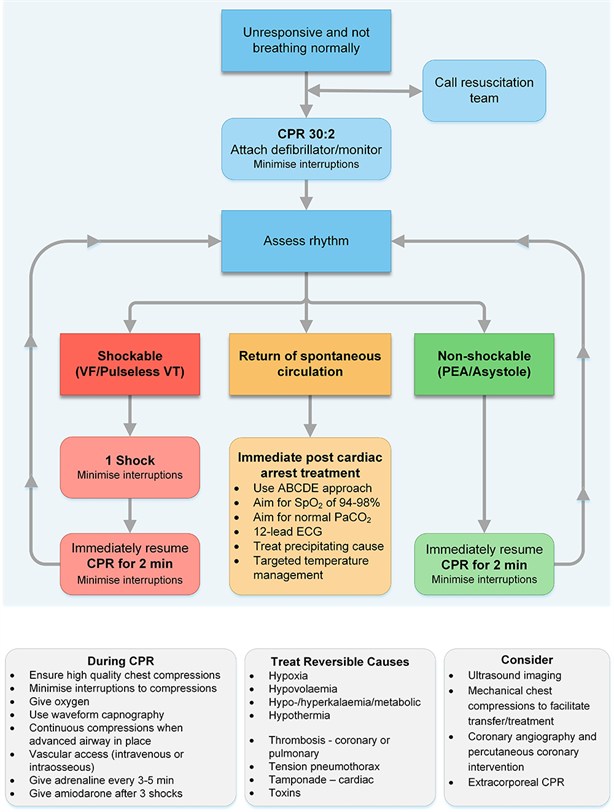
Guidelines Adult Advanced Life Support Resuscitation Council Uk
2

Swiss Medical Weekly Outcome After Out Of Hospital Ventricular Fibrillation Or Pulseless Ventricular Tachycardia Comparison Of Before And After The Implementation Of The 10 Guidelines In A Single Centre
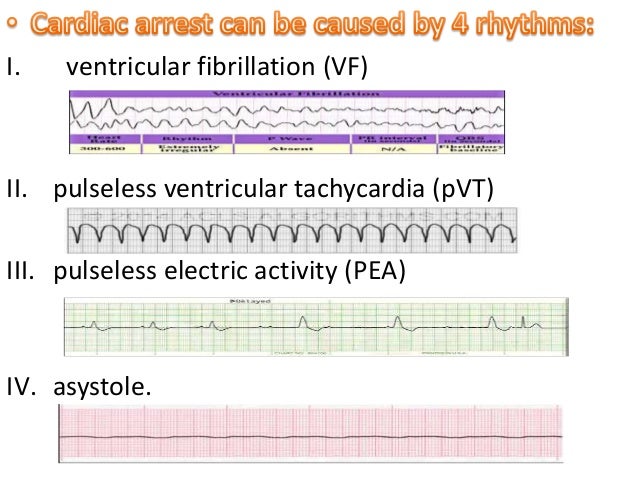
15 Acls
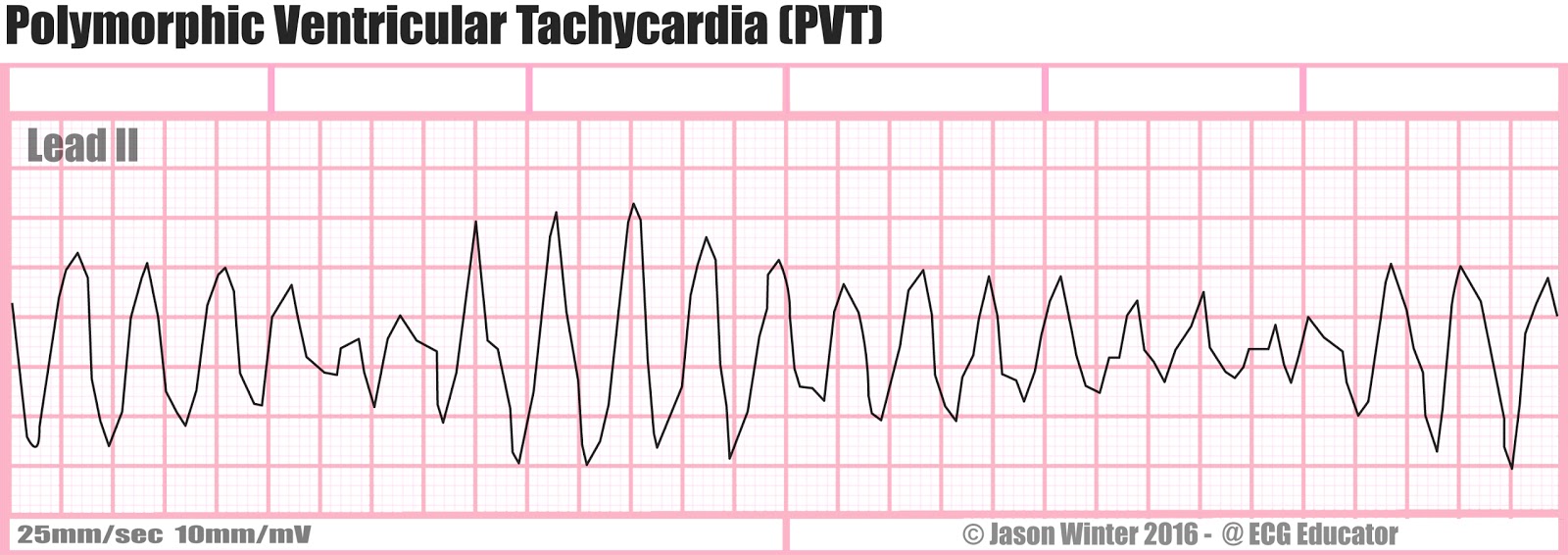
Matters Of The Heart V Tach Patmac Rn

Acls Downloadable Fun Emergency Medicine Board Review
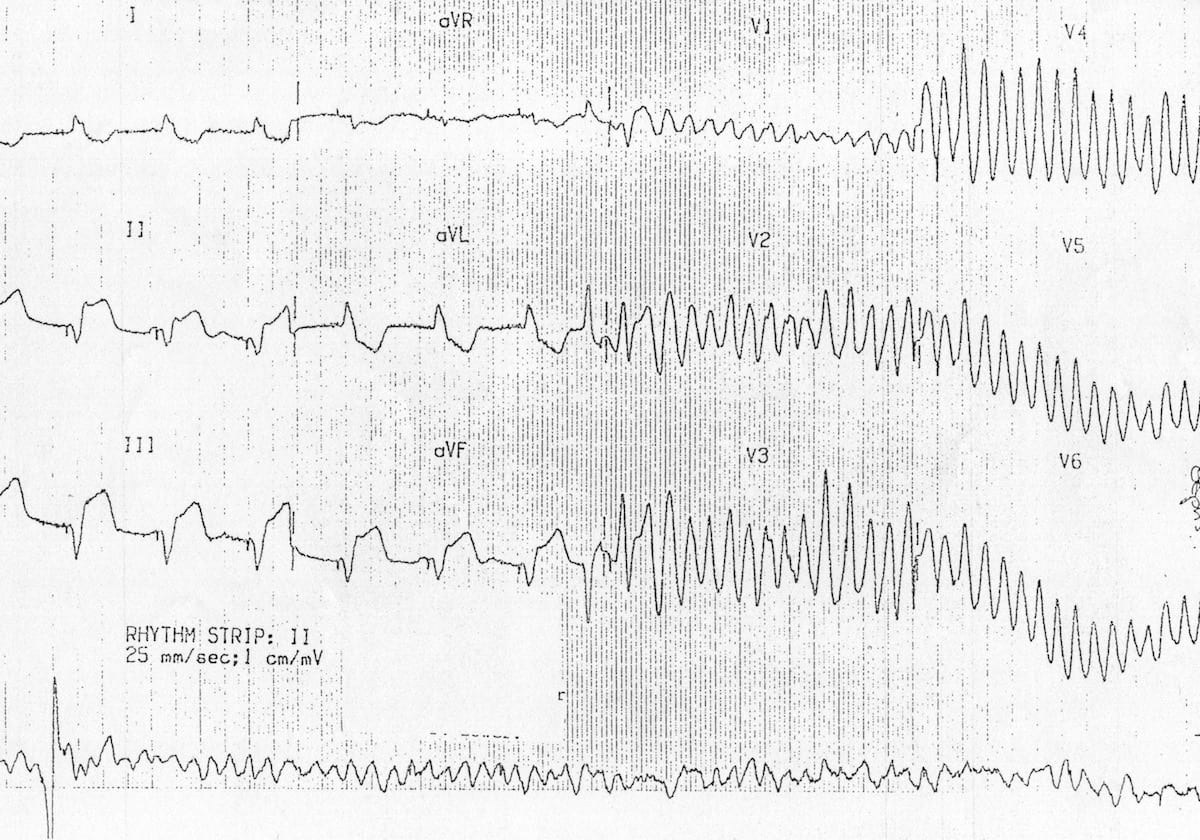
Ventricular Fibrillation Vf Litfl Ecg Library Diagnosis

Acls Cardiac Arrest Vf Pvt And Asystole Pea And Rosc Flashcards Quizlet



